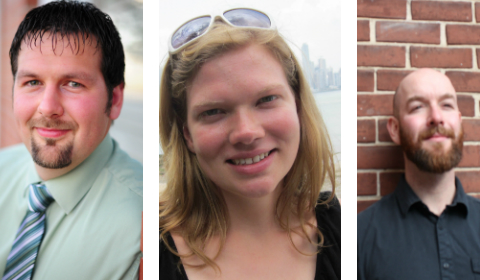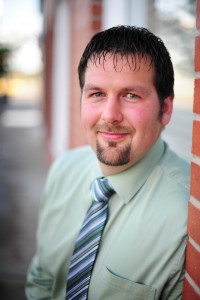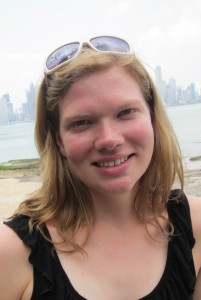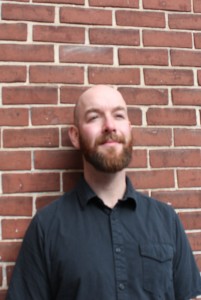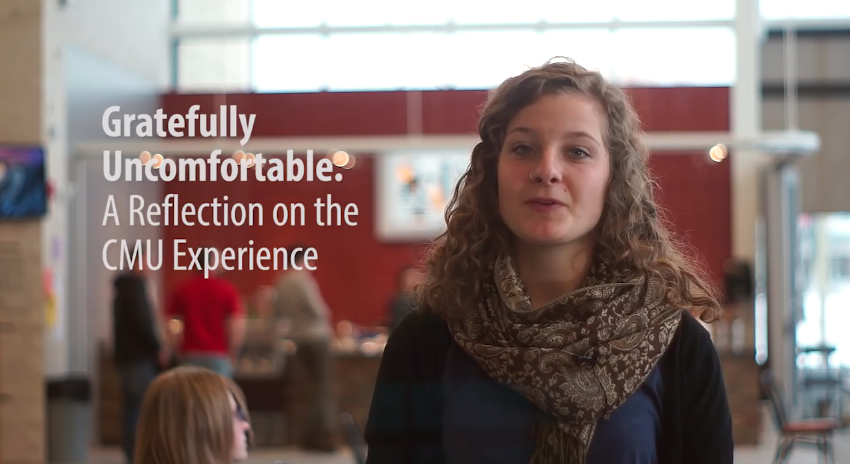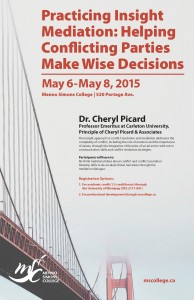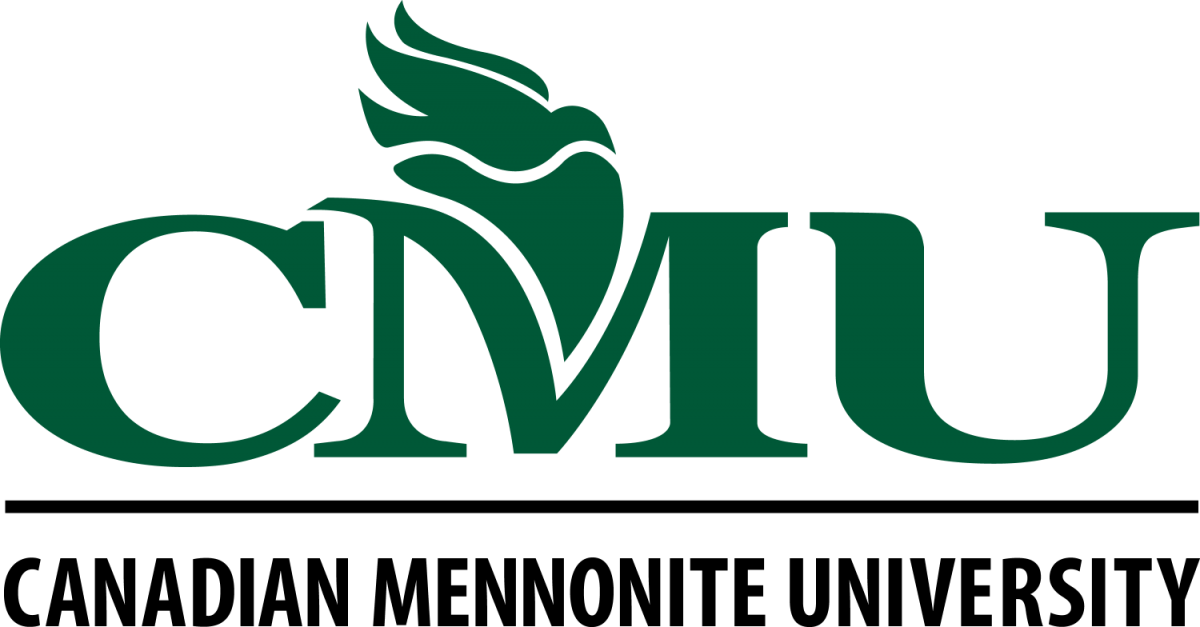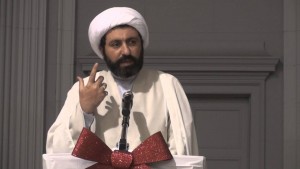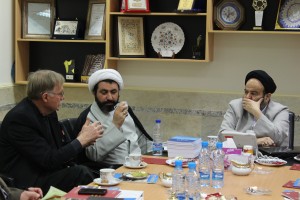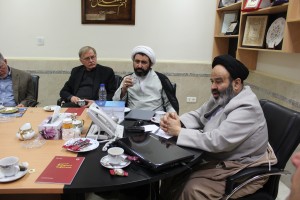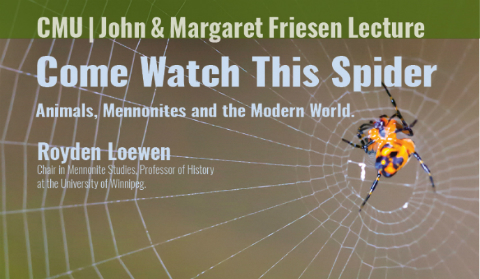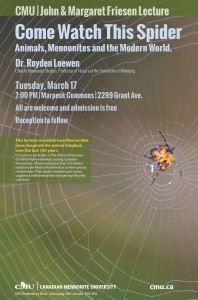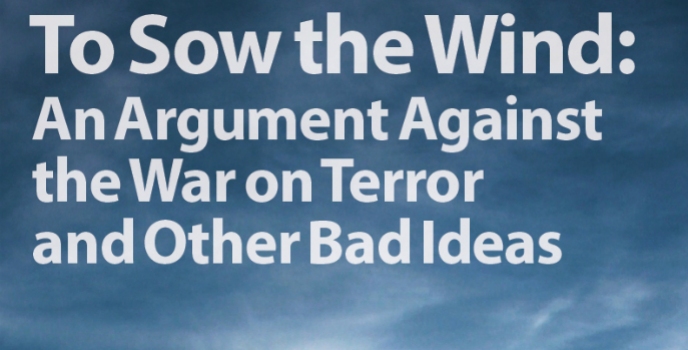New MA in Peacebuilding and Collaborative Development builds on institutional expertise
CMU is pleased to announce a new Masters of Arts in Peacebuilding and Collaborative Development, which will bridge the fields of peacebuilding-conflict resolution studies and development-transformational justice studies.
 CMU’s new MA program builds on the institution’s strong undergraduate programming in the areas of peacebuilding, conflict resolution, and international development and reflects one of CMU’s core values: educating for peace and justice.
CMU’s new MA program builds on the institution’s strong undergraduate programming in the areas of peacebuilding, conflict resolution, and international development and reflects one of CMU’s core values: educating for peace and justice.
“We are excited to be offering this new MA, which is at the heart of CMU’s mission and vision,” says Gordon Zerbe, Vice President Academic at CMU.
The MA is structured in a flexible way, granting students the ability to shape thematic tracks around their needs, goals, and areas of interest. Designed especially for practitioners and professionals who wish to be responsive to the needs of organizations and agencies, the MA retains academic rigour for those seeking traditional academic study.
“CMU’s faculty, with strong academic and practitioner backgrounds in the areas of peacebuilding and international development, both in Canada and around the world, will provide an excellent foundation for this distinctive MA,” says Zerbe.
The MA will draw on resources and networks established at its two campuses and with practitioner agencies. Currently CMU offers undergraduate studies in Peace and Conflict Transformation at its Shaftesbury campus and Conflict Resolution at Menno Simons College in downtown Winnipeg. Both locations offer undergraduate studies in International Development.
Initially the MA will be offered on a part-time basis, beginning with eligible courses at the 2015 Canadian School of Peacebuilding. As the program develops, students will have the option of completing full- or part-time studies. A thesis and non-thesis track will both be available.
The MA in Peacebuilding and Collaborative Development provides a compliment to CMU’s existing MA, which offers concentrations in Christian Ministry or Theological Studies.
“CMU has developed expertise in the areas of ministry and theology and peace and justice,” says Zerbe. “This new MA will provide a nice complement to the other masters degree we currently offer.”
For more on the program, please visit the program’s webpage.
About CMU
A Christian university in the Anabaptist tradition, CMU’s Shaftesbury campus offers undergraduate degrees in arts, business, humanities, music, sciences, and social sciences, as well as graduate degrees in theology, ministry, peacebuilding and collaborative development, and an MBA. CMU has over about 900 full-time equivalent students, including those enrolled in degree programs at the Shaftesbury and Menno Simons College campuses and in its Outtatown certificate program.
For information about CMU visit www.cmu.ca.
For additional information, please contact:
Kevin Kilbrei, Director of Communications & Marketing
kkilbrei@cmu.ca; 204.487.3300 Ext. 621
Canadian Mennonite University
500 Shaftesbury Blvd., Winnipeg, MB R3P 2N2

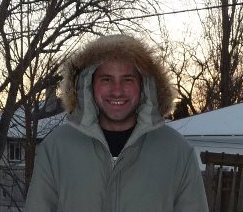 CMU student Marc Regier encourages his fellow students to make the most of their practicum experiences.
CMU student Marc Regier encourages his fellow students to make the most of their practicum experiences.